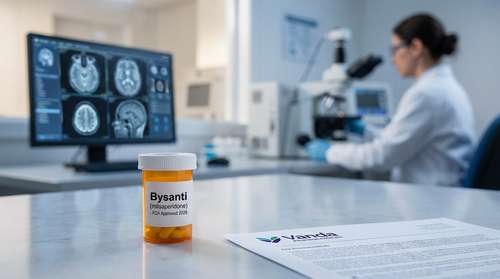Recent studies have raised concerns about the high-dose ADHD medications and their potential link to an increased risk of psychosis. This article explores the findings surrounding this issue, the specific medications involved, and the implications for mental health.
Understanding the Risks of High-Dose ADHD Medications
Research indicates that individuals taking certain ADHD medications, particularly amphetamines like Adderall, may face a heightened risk of serious psychiatric issues, including psychosis and mania.
A study published in The American Journal of Psychiatry found that patients prescribed amphetamines were more than twice as likely to be diagnosed with psychosis or mania compared to those who did not use these medications. The risk increased significantly for those taking higher doses.
What Is Psychosis?
Psychosis refers to a mental state where an individual loses touch with reality. Symptoms can include:
- Paranoia: Feeling suspicious or believing others are plotting against you.
- Social Withdrawal: Spending more time alone and avoiding social interactions.
- Decline in Self-Care: Neglecting personal hygiene and self-care routines.
- Confused Speech: Difficulty organizing thoughts and communicating clearly.
Individuals experiencing mania may exhibit extreme energy levels, a drastic change in mood, and symptoms such as racing thoughts and decreased need for sleep.
The Study Findings
The analysis included over 4,000 patients hospitalized for various mental health conditions between 2005 and 2019. Researchers found that those taking high doses of amphetamines had more than five times the risk of developing psychosis compared to those on lower doses. Specifically, patients taking 30 milligrams or more of dextroamphetamine (the equivalent of 40 milligrams of Adderall) showed the highest risk.
The study also noted that while amphetamines were linked to increased psychosis risk, methylphenidate medications (like Ritalin and Concerta) did not show the same association. This distinction is crucial for healthcare providers when considering treatment options for ADHD.
Implications for Mental Health
The findings suggest that healthcare providers should exercise caution when prescribing high doses of amphetamines. Regular screening for symptoms of psychosis or mania is recommended for patients on these medications. Dr. Lauren Moran, the lead researcher on the study, emphasized that stimulant medications do not have an upper dose limit on their labels, making it essential for doctors to consider dosage carefully when prescribing.
Alternative Treatments
For individuals concerned with the risks associated with high-dose amphetamines, there are alternative medications available that may pose fewer mental health risks. Patients should discuss their options with healthcare providers to find a suitable treatment plan tailored to their needs.
Final Thoughts
The link between high-dose ADHD medications and increased psychosis risk is a significant concern warranting attention from both healthcare professionals and patients. While these medications can effectively manage ADHD symptoms, understanding their potential side effects is crucial for making informed treatment decisions. Regular communication with healthcare providers can help mitigate risks while ensuring effective management of ADHD.
As you navigate the complexities of mental health and medication safety, HealthVot is dedicated to providing you with the latest research and insights, empowering you to make informed decisions about your health and well-being.




